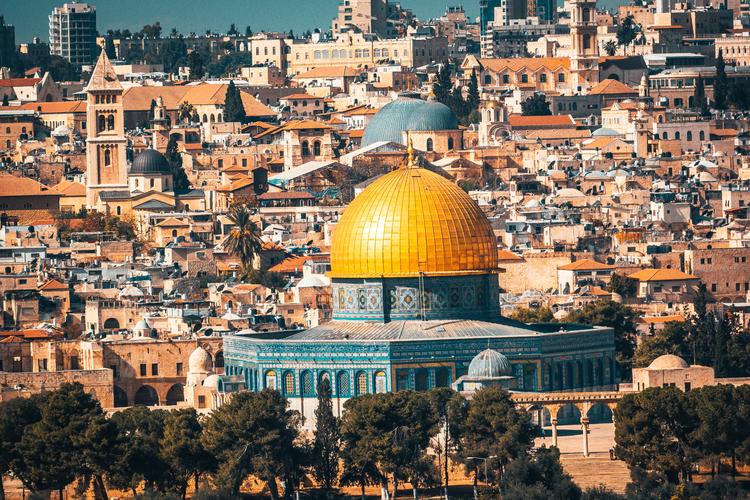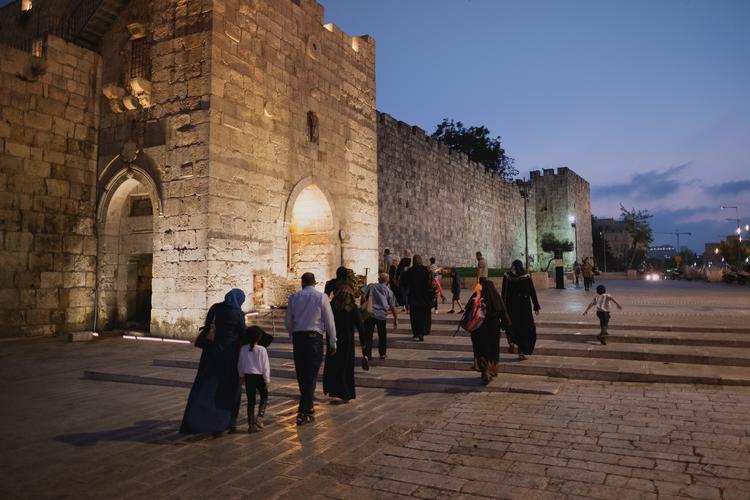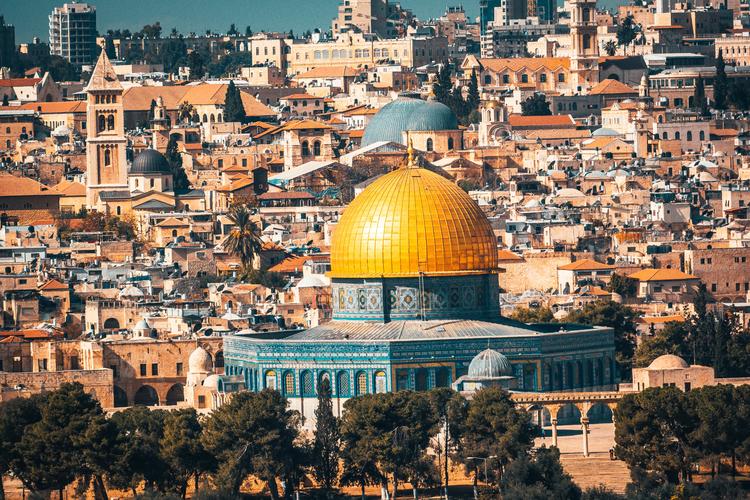By Derek Lief, University of Michigan | –
(The Conversation) – Israeli protesters have been demonstrating against the Netanyahu government’s controversial efforts to radically overhaul the judicial system for nearly three months. And while the protests regularly bring out more than 100,000 people to the streets across Israel, few Arab faces have appeared among the demonstrators.
The protests cause some minor annoyances, like traffic delays, to Palestinians living in East Jerusalem.
But the greater threat to these East Jerusalem Palestinians are the proposed changes to Israel’s judiciary system. The changes, referred to as “reforms,” would limit the Supreme Court’s powers to rule against the legislative and executive branches, effectively giving the Knesset the power to override Supreme Court decisions with a simple majority.
I believe that such changes would be dangerous to East Jerusalem Palestinians, especially when right-wing governments – like the current one led by Prime Minister Benjamin Netanyahu – are in power and oppose giving Palestinians more rights.
As a political science scholar with a regional focus on the Middle East, I have spent a significant time with East Jerusalem Palestinians asking what they think about judicial reform plans and the protests against it.
Our discussions show that East Jerusalem Palestinians feel an an overarching sense of indifference and resignation to whatever will happen.

Photo by Raimond Klavins on Unsplash
“That is the Israelis’ fight, not mine,” or “What does it matter what happens? Nothing will help with anything anyway,” were the most common reactions that East Jerusalem Palestinians had to the protests when I spoke with them in March 2023.
A brief background
While Israel claims that East Jerusalem is simply a part of its capital city, the United Nations and Palestinians say it is occupied territory by the Israeli government. Further, East Jerusalem covers approximately 27 square miles and is home to about about 362,000 Arab residents who are considered permanent residents of Israel.
These Palestinians have no passports and cannot vote in Israeli elections.
Just 18,982 Palestinians in East Jerusalem have obtained Israeli citizenship since 1967. This followed the 1967 Six-Day War, when Israel defeated Egypt, Syria and Jordan over a territorial dispute and occupied parts of Jerusalem that were under Jordanian control.
This small number of Palestinians in East Jerusalem who have received Israeli citizenship stems from two main factors. First, many Palestinians feel resistant toward taking Israeli citizenship because of cultural divisions and a desire for their own nationhood. Second, the Israeli government makes it difficult for these Palestinians to get Israeli citizenship.

Photo by Levi Meir Clancy on Unsplash
Today, East Jerusalem Palestinians truly live between two worlds. They are politically and economically connected to West Jerusalem, home to Israeli Jews and the Israeli government. Most East Jerusalem Palestinians are able to cross in and out of West Jerusalem easily, though walls exist around sections of East Jerusalem, dividing Arab neighborhoods from Jewish ones.
Palestinians in East Jerusalem also pay Jerusalem city taxes and receive general city services, like water.
About 79% of the Palestinian families in East Jerusalem live in poverty.
Culturally, East Jerusalem Palestinians are more connected to the West Bank, a landlocked Arab area of Israel that is governed by a separate government, the Palestinian Authority. Many East Jerusalem Palestinians have extended families and friends living in the West Bank.
Speaking with East Jerusalem Palestinians
With this guiding question – what do East Jerusalem Palestinians think about the proposed judicial reforms and the protests against them – I conducted a survey and series of interviews with 24 Palestinian residents of East Jerusalem over the course of three days in March 2023. Another Palestinian I spoke with lived in the nearby city of Ramallah, but worked in East Jerusalem.
I spoke with 10 women and 15 men, and the average age of the respondents was about 26. Thirteen of these people had full-time jobs, while seven were employed part time. The rest were either students or temporarily unemployed.
A slight majority of the respondents – approximately 52% – said that they were following news about the judicial reforms and ongoing protests.
Respondents demonstrated empathy toward the protesters’ goals of suspending the judicial reform plans and, in some cases, pushing Netanyahu out of power, with one respondent openly claiming that “If I were an Israeli, I would protest too!”
But just two respondents said that they would want to participate in the protests themselves. “I know how the Israeli police behave,” one person explained, saying that they were afraid of being arrested or that legal action would be taken against them.
More significantly, they said that they did not want to protest to help preserve a legal system that has not helped them.
The respondents were also very concerned about the potential for increased violence against them if they joined the protests. Israeli National Security Minister Itamar Ben-Gvir, for example, grabbed headlines in early November 2022 for encouraging Israeli police to open fire on Palestinian stone throwers.
A disconnect
As Israelis demonstrate in the name of saving their democracy, these Palestinians’ overarching sentiment is that they have no leader or partner to help them achieve their own civic rights or national aims.
“Who represents Jerusalem for us? Who speaks for Jerusalem? What brings us together?” were rhetorical questions posed during my discussions and interviews with East Jerusalem Palestinians. These people feel they are cut off from the Palestinian Authority – but that the Israeli government is also “out to get them,” as one respondent said.
Fundamentally, these East Jerusalem Palestinians want their most basic needs met. In particular, they say that the city neglects their neighborhoods – for example, resulting in a buildup of trash. And that their schools are severely underfunded, relative to the Jewish ones in West Jerusalem.
Palestinian civil society leaders have argued that this sense of isolation and lack of direction has produced a generation of young people in East Jerusalem willing to sacrifice everything and possibly push back violently against the Israeli government and citizens.
It’s clear that East Jerusalem Palestinians indeed are listening and watching the major events underway in Israel. They want a voice in politics. But until they feel like an equal partner with democratic rights equal to Jewish Israelis, they will sit on the sidelines – and sometimes, even respond angrily with violence.![]()
Derek Lief, PhD Student/Researcher, University of Michigan
This article is republished from The Conversation under a Creative Commons license. Read the original article.


 © 2026 All Rights Reserved
© 2026 All Rights Reserved